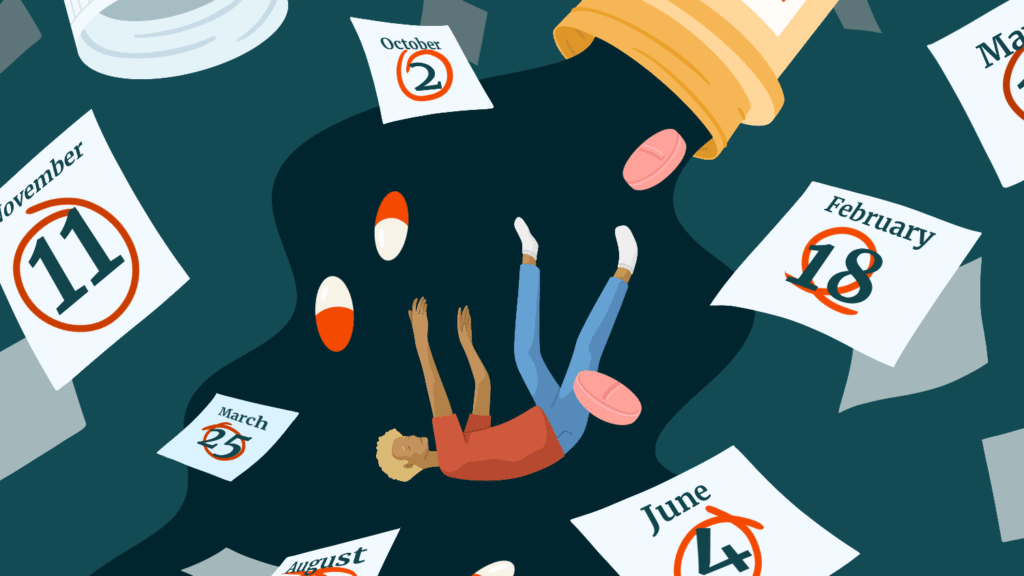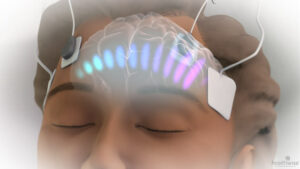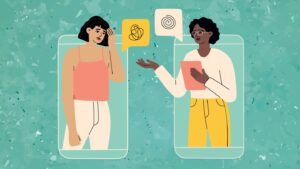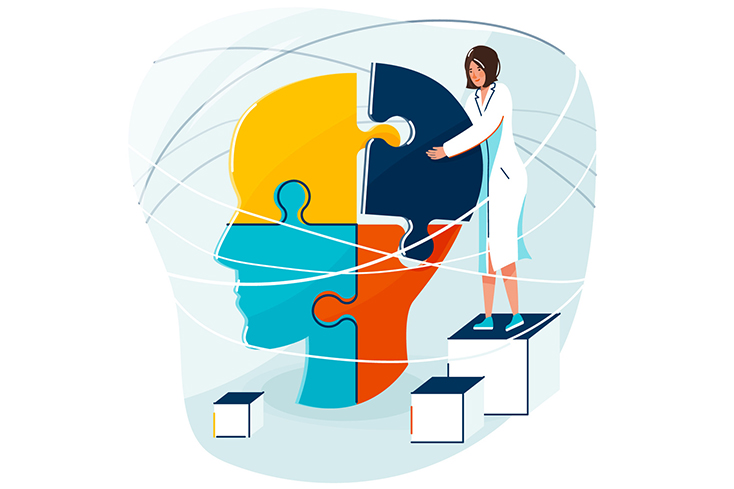Depression is a common mental illness that affects millions of people across the globe. The most common form of treatment for depression is medication, and while it is an effective treatment, it can also be quite challenging to stick to a prescribed course of medication. In this article, we will take a look at some of the most commonly used treatment methods for resistant depression, and discuss why they are so popular.
Contents
What Is Depression?
Depression is a big problem and one that can be very difficult to treat. There are many different types of depression and each requires a different treatment approach. This article will discuss the different types of depression, the different treatment methods for each type, and how to choose the right treatment for you.
Resistant Depression is a term used to describe people who do not respond well to traditional forms of treatment. Many different methods can be used to treat resistant depression, but the most common strategy is called cognitive behavioral therapy (CBT). CBT is a type of treatment that helps people change the way they think and behave. It is often used in combination with other treatments, such as medication. CBT can be effective in treating resistant depression, but it may take several sessions or weeks to achieve results.
The Different Treatment Methods for Resistant Depression

Resistant depression is a major problem that needs to be addressed as soon as possible. The different treatment methods can be effective in treating resistant depression, depending on the individual’s situation. Some of the most common treatment methods for resistant depression are discussed below.
Pharmacotherapy
Pharmacotherapy is one of the most common treatment methods for resistant depression. This type of treatment involves taking medications prescribed by a doctor. There are many different types of pharmacotherapy available, and each has its benefits and drawbacks. One of the key benefits of pharmacotherapy is that it is generally very effective in treating resistant depression. However, this approach has some limitations as well. For example, some medications can have side effects, and some people may not respond well to them. Additionally, pharmacotherapy can take a long time to work, so it may not be suitable for people who need treatment quickly.
Psychotherapy
Psychotherapy is another commonly used treatment method for resistant depression. This type of therapy involves talking with a therapist about your thoughts and feelings. Psychotherapy can be very helpful in treating resistant depression, but it also has its limitations. For example, psychotherapy may not be suitable for everyone, and it can take a long time to see results. Additionally, psychotherapy can be expensive, so it may not be suitable for everyone.
Electroconvulsive therapy (ECT)

ECT is a treatment method that is used in cases of resistant depression. This procedure involves using electric currents to shock the brain. ECT is generally very effective in treating resistant depression, and it has few side effects. However, ECT is only available as a last resort, and it can be very dangerous if not done correctly.
Behavior Therapy
Behavior therapy is another treatment method that is often used in cases of resistant depression. This type of therapy focuses on changing the individual’s behavior to improve their mood. Behavior therapy can be very effective in treating resistant depression, but it also has limitations. For example, behavior therapy generally takes time to work, so it may not be suitable for people who need treatment quickly.
Medications
Another common treatment method for resistant depression is medications. This approach involves taking medications prescribed by a doctor. Medications can be very effective in treating resistant depression, but they also have limitations. For example, some medications can have side effects, and some people may not respond well to them. Additionally, medications can take a long time to work, so they may not be suitable for people who need treatment quickly.
Support Groups
Another effective treatment support group. Support groups provide people with support and guidance in dealing with their depression. This type of treatment can be very helpful in treating resistant depression, but it also has limitations. For example, support groups are often small, so they may not be suitable for everyone.
Self-Care

Sometimes self-care is the best treatment for resistant depression. This approach involves taking care of yourself to improve your mood. Self-care can be very helpful in treating resistant depression, but it also has limitations. For example, self-care may not be suitable for everyone, and it can take a long time to see results. These self-care activities like exercise, relaxation, and healthy eating can help improve your mood and overall health.
The Most Effective Treatment Method for Resistant Depression
Resistant depression is a condition in which the person does not respond to one or more antidepressant medications. There are many different treatment methods for resistant depression, but the most effective are usually combinations of antidepressants and psychotherapy.
The effectiveness of combination therapy is based on the theory that antidepressant medications work best when combined with psychotherapy, which helps to improve the person’s mood and help them learn how to handle stress.
Some of the most common combination therapies for resistant depression include:
- Monotherapy with an antidepressant medication
- Monotherapy with a second antidepressant medication
- Combination therapy with antidepressant medication and psychotherapy
- Also, Combination therapy with second antidepressant medication and psychotherapy- Combination therapy with antidepressant medication, psychotherapy, and a cognitive-behavioral therapy
- Combination therapy with antidepressant medication, psychotherapy, and a serotonin reuptake inhibitor
How To Select Treatment Method For Resistant Depression?
 There is no single definitive answer to this question since each individual’s depression is unique. However, there are a few key factors to consider when selecting the best treatment method for resistant depression.
There is no single definitive answer to this question since each individual’s depression is unique. However, there are a few key factors to consider when selecting the best treatment method for resistant depression.
The first step is to identify the specific symptoms that are causing your depression to persist. Once you know what is driving your symptoms, you can start to look for treatments that focus on addressing those specific issues.
Some of the most common treatment methods for resistant depression include therapy, medication, and electroconvulsive therapy (ECT). However, there are many other options available, so it’s important to speak with a mental health professional about what might be the best option for you.
Here are some more tips on how to select the right treatment method for resistant depression:
1. Talk To A Mental Health Professional
Mental health professionals have years of experience treating Depression and can help you find the best treatment option for your specific situation. They can also help you monitor your progress and track any changes in your symptoms over time.
2. Consider Medication
Sometimes medications are the best option for treating resistant depression because they work quickly and effectively. There are several different types of medications available, so it’s important to speak with your doctor about which one might be best for you.
3. Consider Electroconvulsive Therapy (ECT)
ECT is a treatment that can be very effective for people who are resistant to other forms of treatment. It involves delivering an electric shock to the brain to relieve symptoms of depression. ECT is only recommended for people who are considered to be at high risk for suicide, so it is important to discuss your risks and benefits with your doctor before undergoing the treatment.
4. Work On Your Mental Health Issues
While medication and ECT are both effective treatments for resistant depression, they cannot fix the underlying problem. To overcome your Depression, you will need to work on addressing the psychological factors that are causing it to persist. This may include therapy, counseling, or meditation.
Conclusion
If you are considering treatment for resistant depression, you need to know as much information as possible. This article provides an overview of the different treatment methods available and their benefits and drawbacks. If one treatment doesn’t seem to be working, don’t give up hope; there may still be another option that can help you get the most benefit from your treatment.
Talk to your doctor about the best treatment method for you, and be sure to keep track of your progress during treatment.
Hope this article was of help to you! If you are suffering from mental health disorders, you may seek help from Therapy Mantra. We have a team of highly trained and experienced therapists who can provide you with the tools and skills necessary for overcoming mental health disorders. Contact us today to schedule an online therapy or download our free Android or iOS app for more information.


